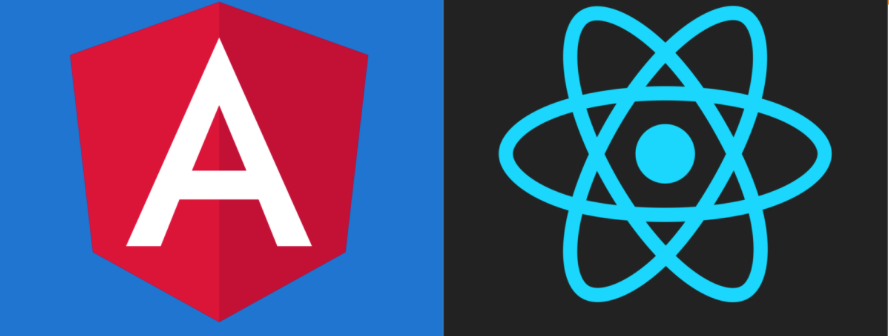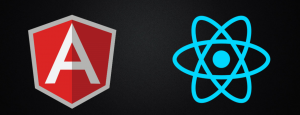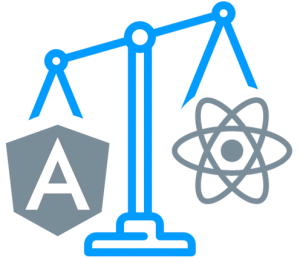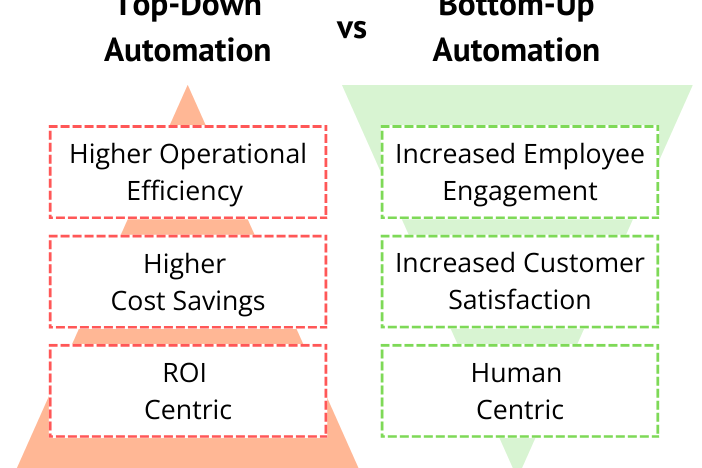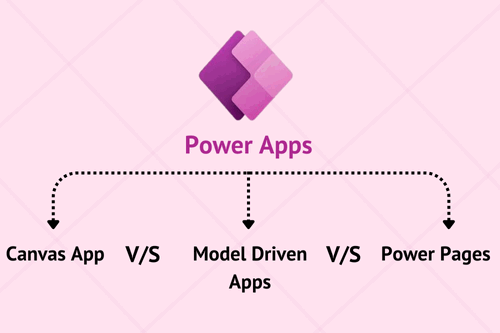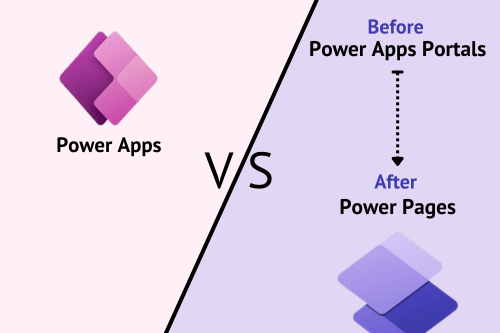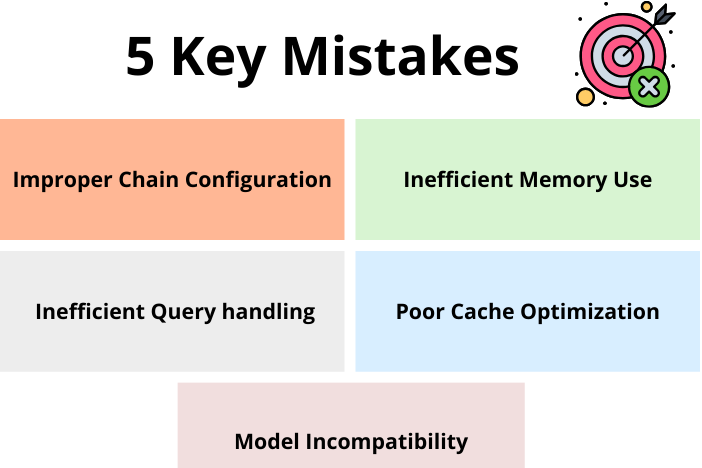In this article, we will compare Angular and React frameworks for web applications. Both frameworks are popular amongst front-end developers and beginners who want to create SPA (single-page-application). But, they are each unique in their own ways. Hopefully this article will help you choose what’s best for you!
Introduction
Angular is a TypeScript-based Javascript framework developed and maintained by Google. It’s a complete MVC framework. The latest version, Angular 10.1, was released in September 2020. Big names using Angular are Google, Wix, weather.com, healthcare.gov, and Forbes.
React is not a framework, but rather, it’s a JavaScript library developed at Facebook to create interactive user interfaces. React released in 2013. React is used by Airbnb, Uber, Netflix, Twitter, Pinterest, Reddit, Udemy, Wix, Paypal, Imgur, Feedly, Stripe, Tumblr, and Walmart.
Key Features
Angular uses TypeScript which is a superset of the JavaScript that evolved as an alternative to pure JavaScript, which gives developers the tool to help them write faster, cleaner JavaScript code. TypeScript is a backward-compatible version of JavaScript. TypeScript keeps your code much cleaner, like in Angular you have a different file for your template and a different file for your script which makes your code much better looking. What makes Typescript and Angular easy to learn is features like classes, interfaces, generics, and dom manipulation.
React uses JSX which is JavaScript syntax extension. It not necessary to use JSX in React development, but recommended. React breaks long-standing best practices. For decades, developers trying to separate UI templates and inline Javascript logic. But with JSX intermixed both. JSX an optional preprocessor for HTML-like syntax compiled in Javascript later. The big advantage of JSX is you have everything in one place.
Learning and Development
Angular is a framework rather than a library because it provides strong opinions as to how your application should be structured and also has more functionality out of the box. Angular is a complete one solution and has a long list of libraries and routing solutions.
In terms of learning, if you have a background of OOPs and like to play with object and function, then Angular is the best choice.
With React, on the other hand, it’s universally flexible. Its libraries can be paired with all kinds of packages there are quite a lot for React on npm. With React, you can even exchange the library itself for API-compatible,
Conclusion
At the end of the day, it’s up to your own personal preferences! Both Angular and React frameworks present positives and negatives. But they are each important in their own way.
You might also like
Stay ahead in tech with Sunflower Lab’s curated blogs, sorted by technology type. From AI to Digital Products, explore cutting-edge developments in our insightful, categorized collection. Dive in and stay informed about the ever-evolving digital landscape with Sunflower Lab.


